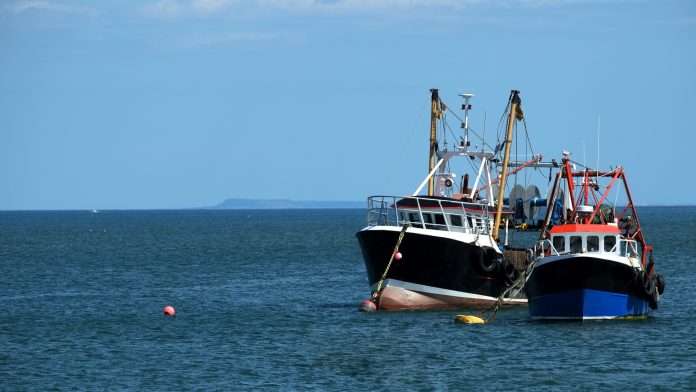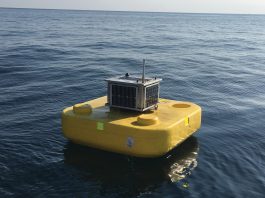Next month, the British Government will conduct a second reading of the new Fisheries Bill, offering more decision-making powers to devolved administrations.
As the UK leaves the EU, it will also leave behind the Common Fisheries Policy (CFP) allowing the British Government to have full control of the fishing that takes place in British waters for the first time since 1973. The second reading of the Fisheries Bill will provide Parliament with an opportunity to discuss Welsh fishing and aquaculture with key stakeholders including Jon Parker, Chair of the Seafish Processing and Importers Panel, and Chair of the Seafish Wales Advisory Committee; and Emma Wootton, Seafish Manager for Wales.
Following the introduction of the Fisheries Bill, Wales and other devolved administrations will see a significant increase in their contribution towards legislation regarding fisheries and the environmental protection of marine ecosystems. This includes new powers for Welsh Ministers to bring forward regulations to manage fishing activity across Welsh waters.
Fisheries Minister Victoria Prentis said: “The Fisheries Bill will give us the powers to protect our precious fish stocks while enabling our seafood sector to thrive, and as we establish new relationships with the EU and other coastal States I am confident that there is a thriving future for fishermen and women in this country.”
A brief overview of the Fisheries Bill
The Fisheries Bill will remove the automatic rights of EU vessels to fish in British waters, allowing the UK to set fishing quotas, and provide UK fishing vessels with greater fishing opportunities. The new Bill also increases the protection of fish stocks and marine environments whilst ensuring that fisheries are suitably funded at the breadth of what is currently funded by the EU’s European Maritime and Fisheries Fund.
A new objective proposed by the Fisheries Bill aims to move the UK toward ‘climate-smart fishing’. This follows the Fisheries Minister’s vow to end the global warming contribution of the British fishing sector by 2050. The plans will also recognise that many of our fish stocks are ‘shared stocks’ as they will swim in both the UK’s and other coastal states’ waters. For these stocks, negotiation with other coastal states is crucial as sustainable catches cannot be achieved through UK action alone.
Environment Secretary Theresa Villiers said: “Leaving the EU’s failed CFP is one of the most important benefits of Brexit. It means we can create a fairer system which will allow marine habitats to thrive, with new powers to support our fishing sector and conserve our wonderful Blue Belt at home and abroad.”









